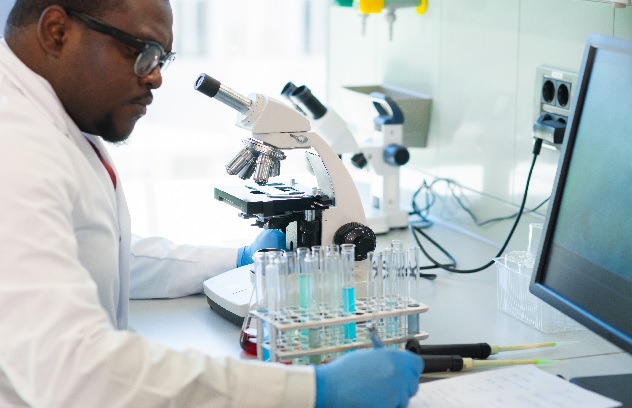
New funding for BHF 4-year PhD programmes to train next generation of cardiovascular scientists


Today we announce new funding for our flagship 4-year PhD programmes, aimed at nurturing the next generation of research leaders in cardiovascular science.

Over the next four years, we will spend £21.3 million funding a total of 144 PhD students at 12 universities across the UK, at the Universities of Bristol, Cambridge, Edinburgh, Glasgow, Leeds, Leicester, Manchester and Oxford, as well as Imperial College London, King’s College London, Queen Mary University of London and University College London.
The Covid-19 pandemic has devastated our income and this year we’ve had to halve our research budget, putting life-saving advances at risk. However, heart and circulatory diseases, and the devastation that they cause, have not gone away.
Our commitment to developing the brightest minds
Funding these programmes represents our absolute commitment to developing the brightest and best minds to take on heart and circulatory diseases, towards achieving our vision of beating heartbreak forever. Their contributions will help preserve the future of life-saving discoveries and ensure patients have access to the most innovative treatments and cures for decades to come.
Tomorrow's research leaders
Professor Metin Avkiran, Associate Medical Director at the British Heart Foundation, said:
“This is a flagship training scheme for the BHF and I am delighted that we have been able to fund 12 universities across the UK to host our 4-year PhD programmes, despite the severe financial challenge that we face due to the impact that Covid-19 has had on our fundraising income. The competition was tough and the assessment rigorous, leaving us reassured that all 12 funded programmes are of the highest quality.
Today’s PhD students are tomorrow’s leaders in cardiovascular research. At this difficult time, it is more important than ever to maintain that pipeline of scientific talent and discovery towards future advances in the prevention, detection and treatment of heart and circulatory diseases.”

